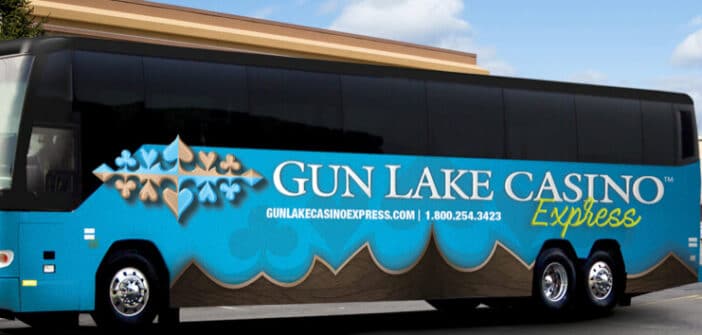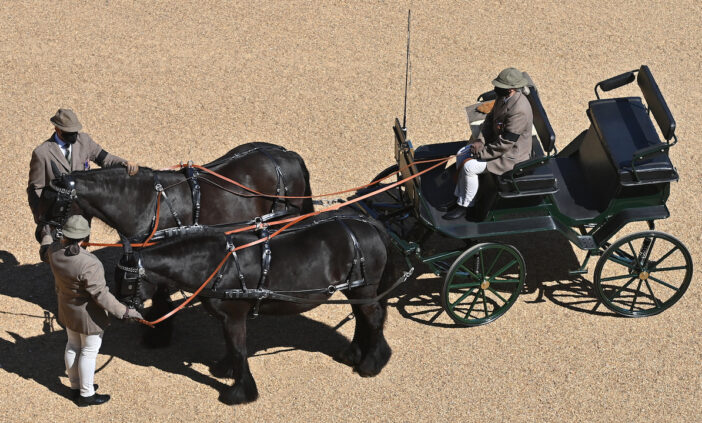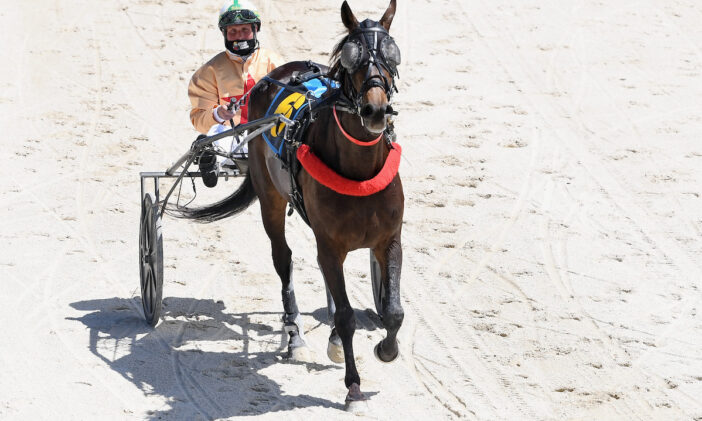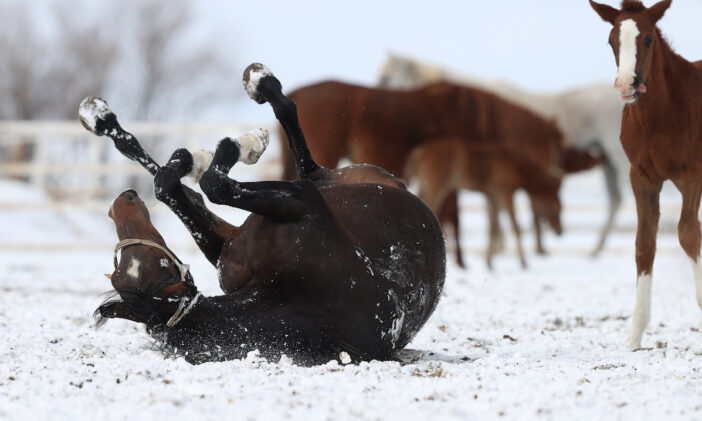The 12 federally recognized tribal nations that operate casinos in Michigan paid $30.5 million to local governments and school districts in fiscal year 2019 through revenue-sharing compacts with the state, according to an annual report released last week by the Michigan Gaming Control Board.
The Saginaw Chippewa Indian Tribe, which operates the Soaring Eagle Casino & Resort in Mt. Pleasant and the Saganing Eagles Landing Casino in Standish, made the largest contribution, totaling $6.1 million. The Nottawaseppi Huron Band of the Potawatomi Indians, which owns FireKeepers Casino Hotel in Battle Creek, paid the second-most at $5.9 million, and the Pokagon Band of Potawatomi Indians, which operates three Western Michigan casinos under the Four Winds brand name, paid the third-most at $5.7 million.
Overall, the $30.5 million in revenue-sharing payments rose 1.1% from the tribal casinos’ contributions in 2018, suggesting slight growth in the casinos’ net win from slot machines. The 2019 figures do not reflect the negative business impact of COVID-19 because the fiscal year ended before the pandemic arrived in Michigan and caused tribal casinos to close for several months beginning in March 2020.
The 12 tribal nations own and operate 24 casinos throughout Michigan, and under tribal-state gaming compacts signed in 1993, 1998, and 2007, the tribes agree to contribute 2% of their annual net win from slot machine gaming to local governments, which divide the funds between schools, fire departments, youth programs, and other essential services. According to the MGCB report, “net win is defined as the total amount wagered on each electronic game of chance, minus the total amount paid to players for winning wagers at said machines.”
An American Gaming Association study of the casino business’s impact in Michigan highlighted tribal contributions made through the operation of FireKeepers Casino. “I’m always looking for community champions and FireKeepers is right at the top,” said Rebecca Fleury, city manager for Battle Creek. “They see that for any business to be successful, you need a variety of community partners, and they certainly have recognized that and go above and beyond.”
Change expected in years to come thanks to pandemic, mobile gaming
According to the MGCB report, overall revenue-sharing contributions from tribal casinos in Michigan to local governments have remained steady over the past five years, showing gradual year-over-year increases from $28.6 million in 2015 to $30.5 million in 2019.
- Fiscal year 2015 revenue sharing: $28.6 million
- Fiscal year 2016 revenue sharing: $29.2 million
- Fiscal year 2017 revenue sharing: $29.9 million
- Fiscal year 2018 revenue sharing: $30.1 million
- Fiscal year 2019 revenue sharing: $30.5 million
That stability, however, is likely to change beginning in 2020. When COVID-19 first swept through Michigan in March of this year, tribal casinos throughout the state closed voluntarily to help slow the spread of the pandemic. Because tribal casinos operate on sovereign territory not subject to Michigan state government rule, they were able to reopen beginning in May, sooner than the three commercial casinos, which remained closed until the first week of August.
Those two to three months when tribal casinos were shuttered, however, will likely cause a significant drop in revenue-sharing payments for 2020. Those contributions could suffer further negative effects from the difficult economic conditions brought about by COVID-19, with high unemployment rates cutting into the disposable income Michiganders are able to spend at casinos. Plus, tribal casinos throughout the state have reduced their operating capacity and turned off as many as half of their slot machines to encourage social distancing and provide a safe gaming environment.
Looking beyond the lean days of 2020, however, tribal casinos and the state’s battered budget expect an immediate boon from the launch of mobile sports betting and iGaming. Michigan lawmakers and the gaming control board are in the final stages of approving the state rules for online gambling and issuing licenses to operators and suppliers.
Mobile wagering is projected to be available in Michigan by the end of 2020 — possibly in time for Thanksgiving — and tribal casinos have already partnered with leading internet sports betting and online casino platforms like DraftKings, BetRivers Sportsbook, William Hill, and FOX Bet Sportsbook. The revenue-sharing arrangements for mobile gambling are different from the slot revenue–based compacts reflected in last week’s MGCB report, but both tribal casinos and state and local governments are expected to benefit from bettors throughout Michigan being able to access sportsbooks and casino games through mobile devices.





